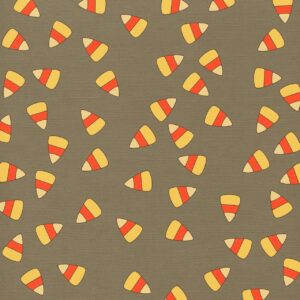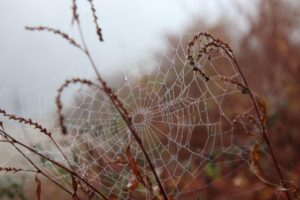
Hosted by That Artsy Reader Girl
I have mixed feelings about Thanksgiving in general, but one of the things I appreciate about it is how it gives me a chance to reflect on the many good things in my life. This is something that North American culture often needs more experience doing in my opinion, so I’m going to reframe the Thanksgiving freebie post a little this week.
Here are ten quotes about gratitude and the importance of feeling grateful for what you do have.
“Do not spoil what you have by desiring what you have not; remember that what you now have was once among the things you only hoped for.”
― Epicurus
 “Piglet noticed that even though he had a Very Small Heart, it could hold a rather large amount of Gratitude.”
“Piglet noticed that even though he had a Very Small Heart, it could hold a rather large amount of Gratitude.”
― A.A. Milne, Winnie-the-Pooh
“Cultivate the habit of being grateful for every good thing that comes to you, and to give thanks continuously. And because all things have contributed to your advancement, you should include all things in your gratitude.”
― Ralph Waldo Emerson
“When we give cheerfully and accept gratefully, everyone is blessed.”
― Maya Angelou
“If having a soul means being able to feel love and loyalty and gratitude, then animals are better off than a lot of humans.”
― James Herriot , All Creatures Great and Small
“…for love casts out fear, and gratitude can conquer pride.”
― Louisa May Alcott, Little Women
“My religion is nature. That’s what arouses those feelings of wonder and mysticism and gratitude in me.”
― Oliver Sacks
“It’s a funny thing about life, once you begin to take note of the things you are grateful for, you begin to lose sight of the things that you lack.”
― Germany Kent
“I marveled at the beauty of all life and savored the power and possibilities of my imagination. In these rare moments, I prayed, I danced, and I analyzed. I saw that life was good and bad, beautiful and ugly. I understood that I had to dwell on the good and beautiful in order to keep my imagination, sensitivity, and gratitude intact. I knew it would not be easy to maintain this perspective. I knew I would often twist and turn, bend and crack a little, but I also knew that…I would never completely break.”
― Maria Nhambu, Africa’s Child
“The miracle is not to walk on water. The miracle is to walk on the green earth, dwelling deeply in the present moment and feeling truly alive.” ― Thich Nhat Hanh
If you’re celebrating this week, may you be able to eat all of your favourite foods and perhaps think of a few things you’re grateful for, too!

 I’ve read the first eight of these, and the rest are still on my TBR list. Snowy settings can be so interesting to read about, although I only enjoy heavy snowfalls in real life when I can stay home and don’t have to shovel snow or drive in it.
I’ve read the first eight of these, and the rest are still on my TBR list. Snowy settings can be so interesting to read about, although I only enjoy heavy snowfalls in real life when I can stay home and don’t have to shovel snow or drive in it.
 Seasonal Affective Disorder (SAD) is a type of depression that happens during the same season of the year every year. The winter blues are a milder condition similar to this one that has some of the same symptoms and many of the same treatment options, although some people also use that term colloquially to refer to SAD.
Seasonal Affective Disorder (SAD) is a type of depression that happens during the same season of the year every year. The winter blues are a milder condition similar to this one that has some of the same symptoms and many of the same treatment options, although some people also use that term colloquially to refer to SAD. “Piglet noticed that even though he had a Very Small Heart, it could hold a rather large amount of Gratitude.”
“Piglet noticed that even though he had a Very Small Heart, it could hold a rather large amount of Gratitude.” It’s hard to tell which books will become classics. Not every bestseller is actually well written or will continue to affect readers in twenty or fifty years. Likewise, I have no doubt there are some true gems out there that may have had middling to poor sales but will eventually be rediscovered and taught in classrooms all across the world.
It’s hard to tell which books will become classics. Not every bestseller is actually well written or will continue to affect readers in twenty or fifty years. Likewise, I have no doubt there are some true gems out there that may have had middling to poor sales but will eventually be rediscovered and taught in classrooms all across the world. War isn’t something I like to read about, so this still fits the original “books outside of my comfort zone” theme as well!
War isn’t something I like to read about, so this still fits the original “books outside of my comfort zone” theme as well!
 Here are the Halloween posts I’ve written for Top Ten Tuesday in previous years:
Here are the Halloween posts I’ve written for Top Ten Tuesday in previous years:  Jana wants us to talk about cozy stories this week.
Jana wants us to talk about cozy stories this week. As this week’s topic is a freebie post that can be about anything other than books, here are some of my favourite songs with Halloween themes or vibes.
As this week’s topic is a freebie post that can be about anything other than books, here are some of my favourite songs with Halloween themes or vibes. The original theme for this week was “
The original theme for this week was “